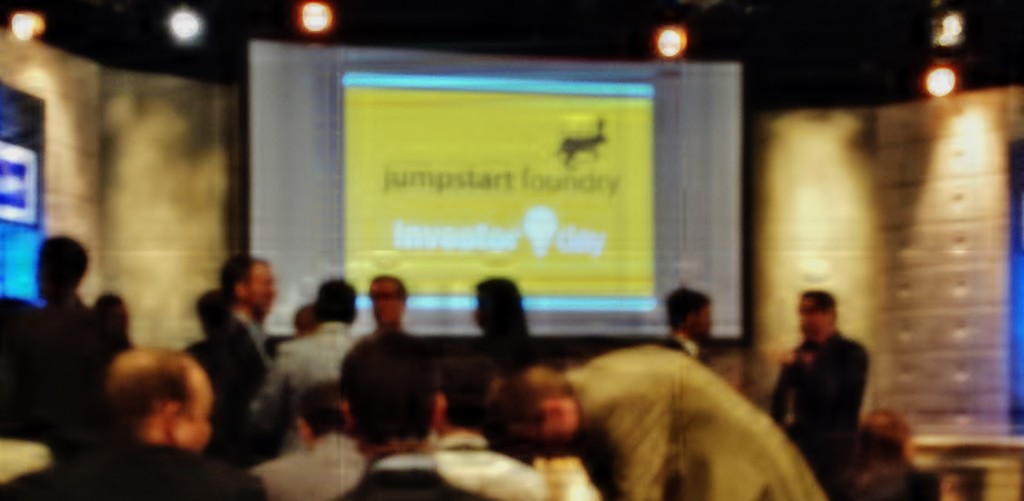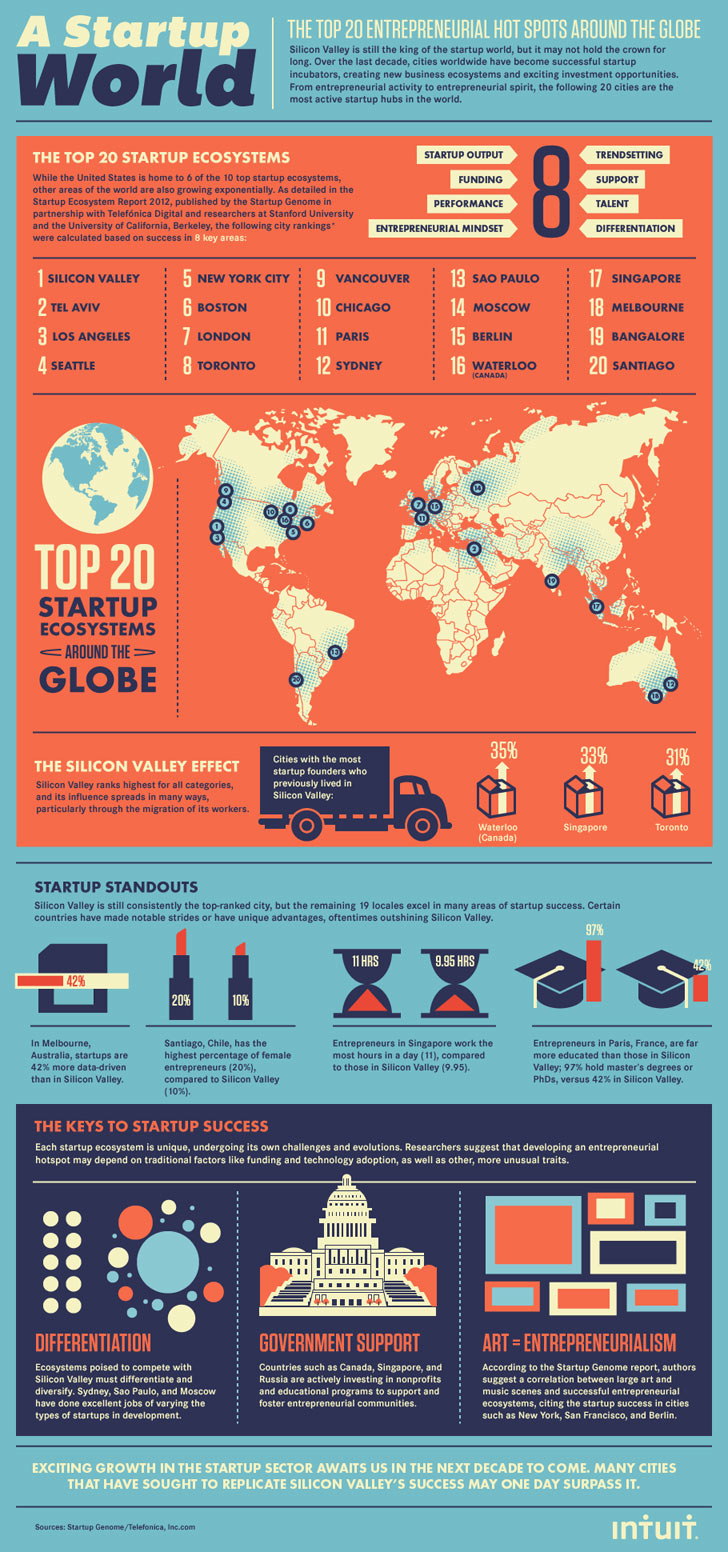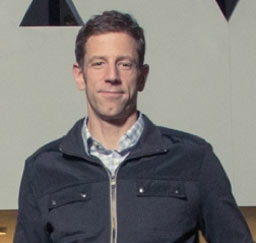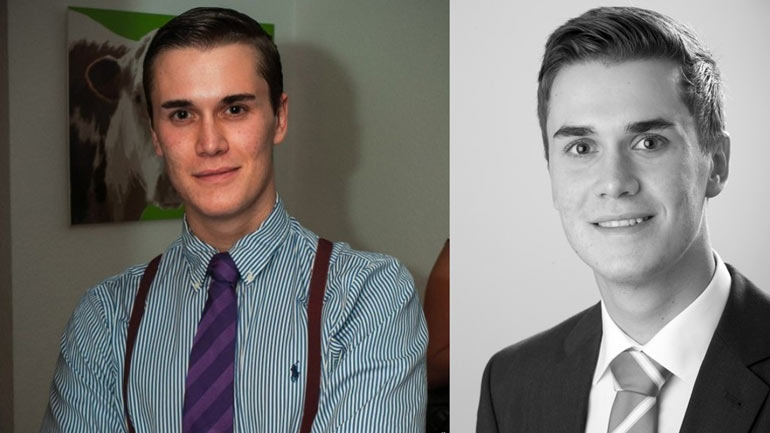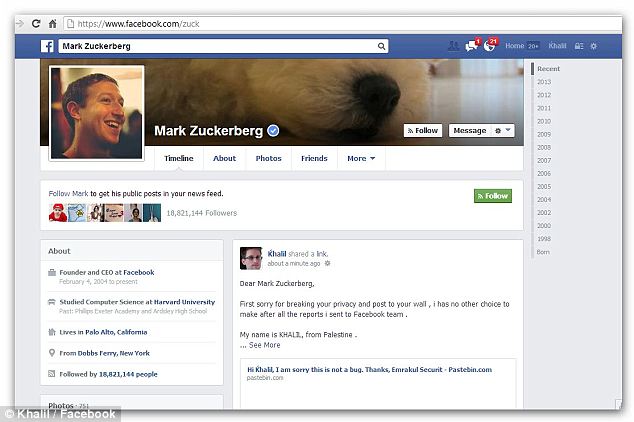
Author, entrepreneur, and startup founder James Altucher is known for his crass, tell-it-like-it-is style of writing. 90% of the time he shoots right from the hip, and he’s always right.
Altucher has written nine books and one comic book. He’s created a web series for HBO and is currently working on one for PBS. He’s proudly built 20 companies and failed at 17 of them. So when it comes to starting up he knows what he’s talking about.
The other day on Facebook Paul Singh reposted “The Ultimate Cheat Sheet For Starting And Running A Business” by Altucher. When I read through the list, I cracked up. I also knew he was absolutely right on the money. Some of these tips are great!
Altucher published the list with his answer to a question or a tip with no explanation, telling the audience to “listen to me.” If you’re an entrepreneur, you should.
Here are the first 25 tips. Continue on to Altucher’s blog for 75 more that are just as important.
1) C Corp or S Corp or LLC? C-Corp.
2) According to Sun Doc Filings, California and Delaware are excellent states to incorporate in. From your perspective, what state should you incorporate in? Delaware.
3) Should founders vest? Yes, over a period of four years. On any change of control the vesting speeds up.
4) Should you go for venture capital money? First build a product, then get a customer, then get friends and family money (or money from revenues which is cheapest of all) and then think about raising money, But only then. Don’t be an amateur.
5) Should you patent your idea? Get customers first. Patent later. Don’t talk to lawyers until the last possible moment.
6) Should you require venture capitalists to sign NDAs? No. Nobody is going to steal your idea.
7) How much equity should you give a partner? Divide things up into these categories: manage the company, raise the money, had the idea, brings in the revenues, built the product (or performs the services). Divide up in equal portions.
8) Should you have a technical co-founder if you are not technical? No. If you don’t already have a technical cofounder you can always outsource technology and not give up equity.
9) Should you barter equity for services? No. You get what you pay for.
10) How do you market your app? Friends and then word of mouth.
11) Should you build a product? Maybe. But first see if manually your product works. Then think about providing it as a service. Then productize the commonly used services. Too many people do this in reverse and then fail.
12) How much dilution is too much dilution? If someone wants to give you money, then take it. The old saying, 100% of nothing is worth less than 1% of something.
13) Do you listen to venture capitalist? Yes, of course They gave you money. But then don’t do anything they ask you to do.
14) What if nobody seems to be buying your product? Then change to a service and do whatever anyone is willing to pay for.
15) If a client wants you to hire their friend or they won’t give you the business (e.g. like a bribe) what should you do? Always do the ethical thing – hire the friend and get the client’s business.
16) What do you do when a customer rejects you in a B2B business? Stay in touch once a month. Never be angry.
17) In a B2C business: release fast. Add new features every week.
18) How do you get new clients? The best new clients are old clients. Always offer new services.
19) What’s the best thing do for a new client? Overdeliver for the first 100 days. Then you will never lose them.
20) What if your client asks you to do something not in your business plan? Do it, or find someone who can do it, even if it’s a competitor.
21) Should I ever focus on SEO? No.
22) Should I do social media marketing? No.
23) Should I ever talk badly about a partner of an employee even though they are awful? Never gossip. Always be straight with the culprit.
24) I have lots of ideas. How do I pick the right one? Do as many ideas possible. The right idea will pick you.
25) What is the sign of an amateur? Any of these things:
- asking for an NDA
- trying to raise VC money before product or customers
- having fights with partners in the first year. Fire them or split before anything gets out of control
- Worrying about dilution
- Trying to get Mark Cuban to invest because “this would be great for the Dallas Mavericks”
- Asking people you barely know to introduce you to Mark Cuban
- Asking people for five minutes of their time. It’s never five minutes so you are establishing yourself as a liar.
- Having a powerpoint that doesn’t show me arbitrage. I need to know that there is a small chance there is a 100x return on money.
- Catch 22: showing people there’s a small chance there’s 100x return on their money. The secret of salesmanship is getting through the Catch 22.
- rejecting a cash offer for your company when you have almost no revenues. Hello Friendster and Foursquare.
James Altucher image: thoughtcatalog.com

 Bike sharing is becoming the in thing when it comes to green transportation in most major cities. Boston, New York, Chicago, Washington DC, Atlanta, and several West Coast cities all have significant bike share programs in place. Bike sharing allows users to “rent” a bike using an automated kiosk. In most cases you can rent the bike for the day at one location and return it at a different location, kind of like Red Box.
Bike sharing is becoming the in thing when it comes to green transportation in most major cities. Boston, New York, Chicago, Washington DC, Atlanta, and several West Coast cities all have significant bike share programs in place. Bike sharing allows users to “rent” a bike using an automated kiosk. In most cases you can rent the bike for the day at one location and return it at a different location, kind of like Red Box.



